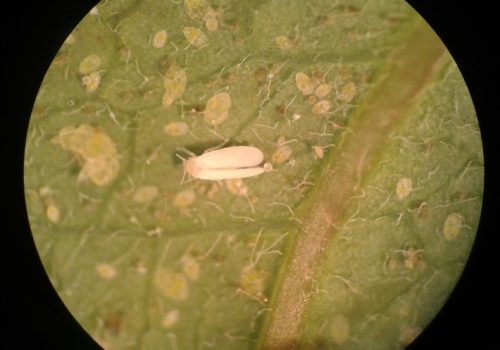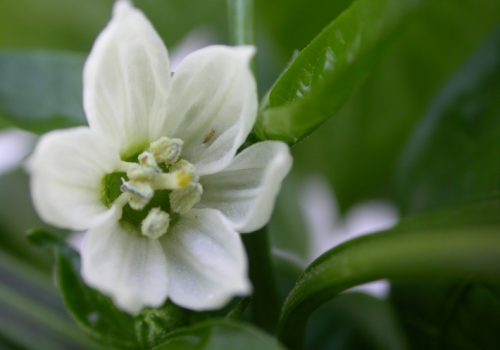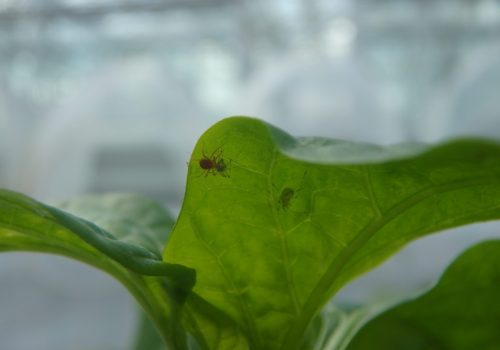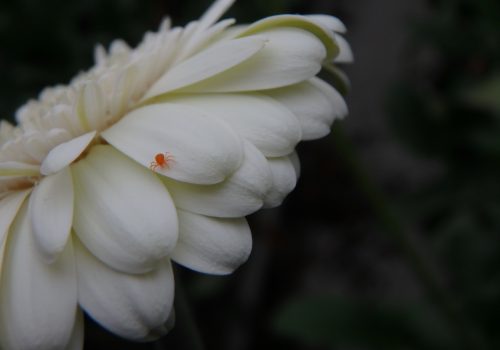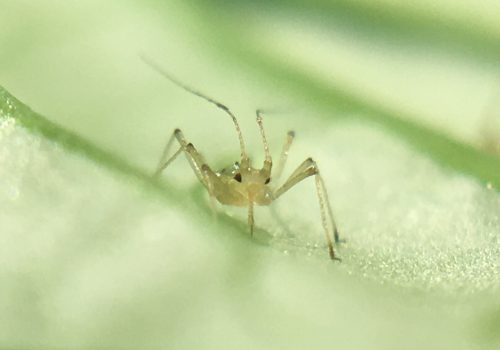Integrating biological tools for impact
Vineland’s Biological Crop Protection program enables and accelerates the introduction and use of biological and biochemical plant protection strategies to reduce the negative impacts of pests and diseases in horticultural crops.
The program works directly with growers, suppliers and service companies to ensure uptake and impact. We also collaborate with universities, governments and other research institutes for scientific excellence.
Innovation Challenge and Opportunity
Our program goal is to develop and assess new products and integrated pest management (IPM) solutions to improve production efficiency while promoting crop quality, environmental performance and safe working conditions.
Together with other programs at Vineland, we examine all aspects of plant protection through laboratory, greenhouse and field testing, including:
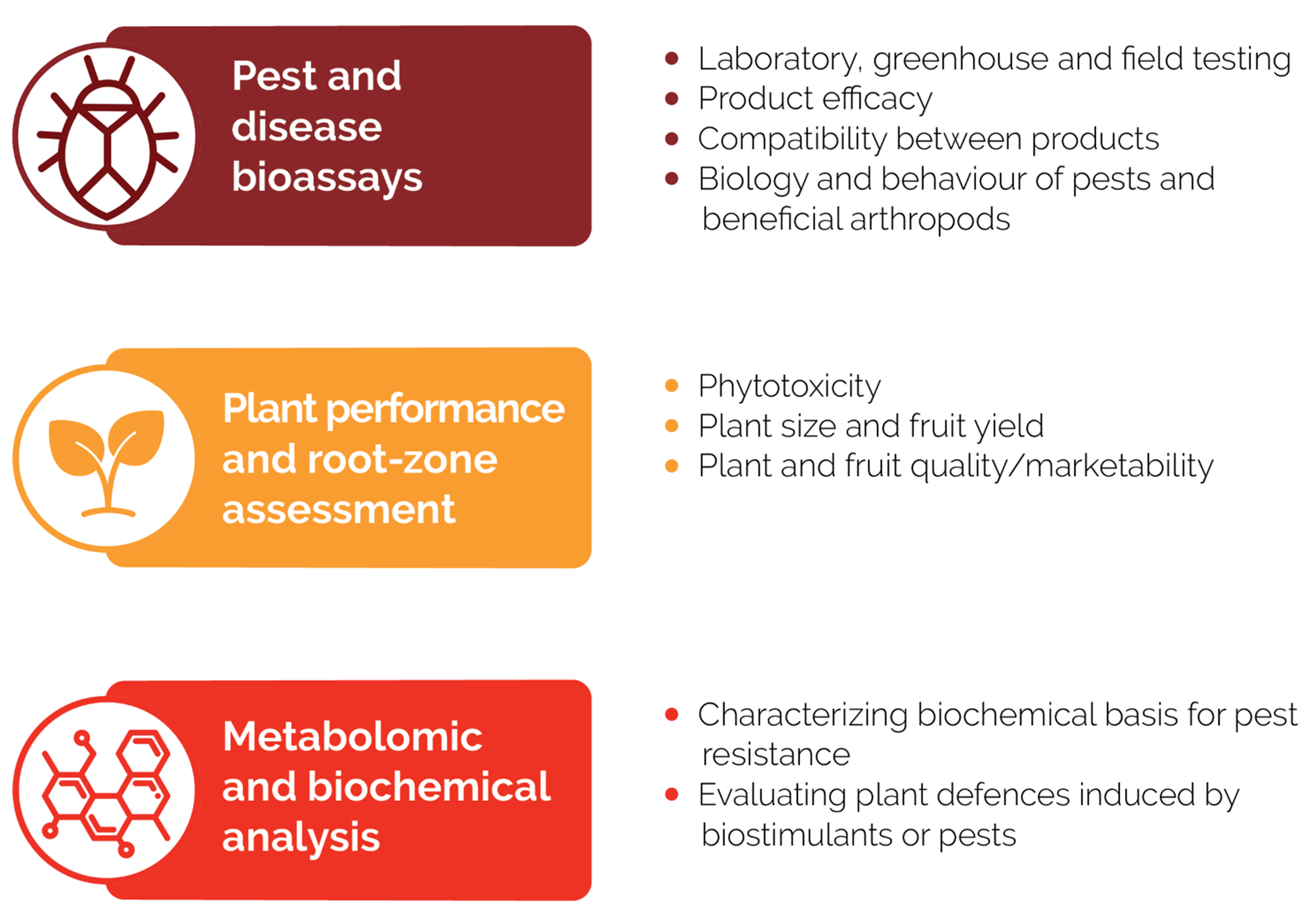
OUR EXPERIENCE
Our research program covers all phases of pest management research from the discovery of new products to growers using them on their farms and everything in between.
Discovery and development of new bioprotectants:
Growers need new bioprotection products to replace unsustainable and de-registered pesticides, to address new pest challenges and expand their IPM toolbox to improve the resilience of biocontrol-based pest management. Development of new biological products may include studying their biology, efficacy testing, optimizing rearing practices and compatibility testing.
Examples of past and current research:
- Native predators developed in Canada for control of greenhouse insect pests:
- Anystis baccarum
- Generalist predatory bugs
- Plant-derived bioherbicides
- Third-party testing of new bioprotectant products
Evaluation of bioprotection products:
Many existing bioprotection products hit the market with limited research about how, when and where to use them. When new pest species arise, or new crop types increase in popularity, there is often a lack of information to determine which pest management tools will be most effective. Our research helps to fill some of these knowledge gaps for the crops and pests that are relevant to Canadian growers.
Examples of past and current research:
- Clean start by dipping unrooted cuttings
- Use of bioinoculants against plant pathogens
- Efficacy of biocontrol agents and biopesticides against onion thrips
Implementation of bioprotection products and production practices:
An integrated pest management system is comprised of many components. All facets of plant production, greenhouse environment and biological control agents need to be considered. Using our Systems Approach, we help growers navigate all of these components and develop recommendations to improve the success of their IPM programs.
Examples of past and current research:
- IPM recommendations for foxglove aphids
- Effect of plant nutrition on pest populations
- Bioinoculant effects on pest populations through induced plant defences
- IPM recommendations for onion thrips
Looking for additional information, research publications and resources? Click here

